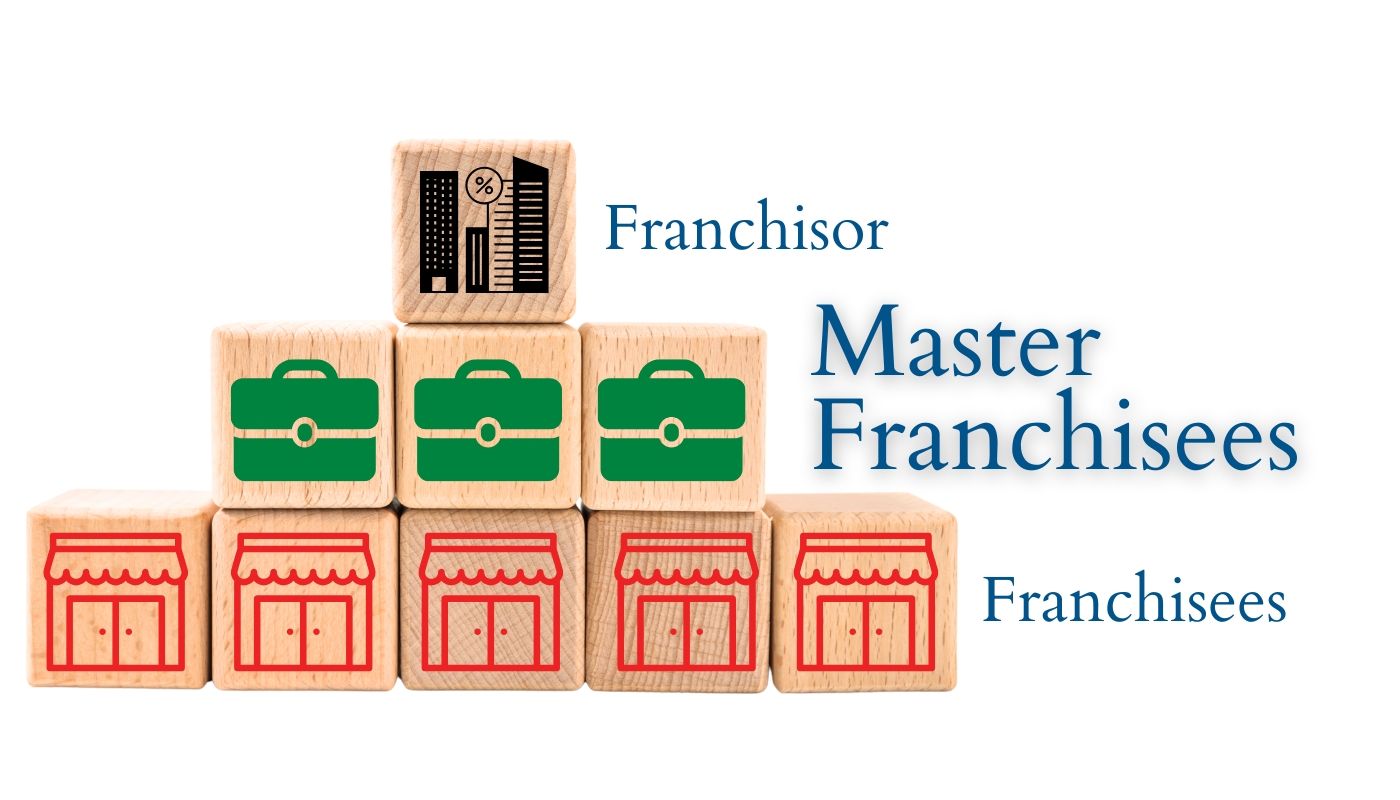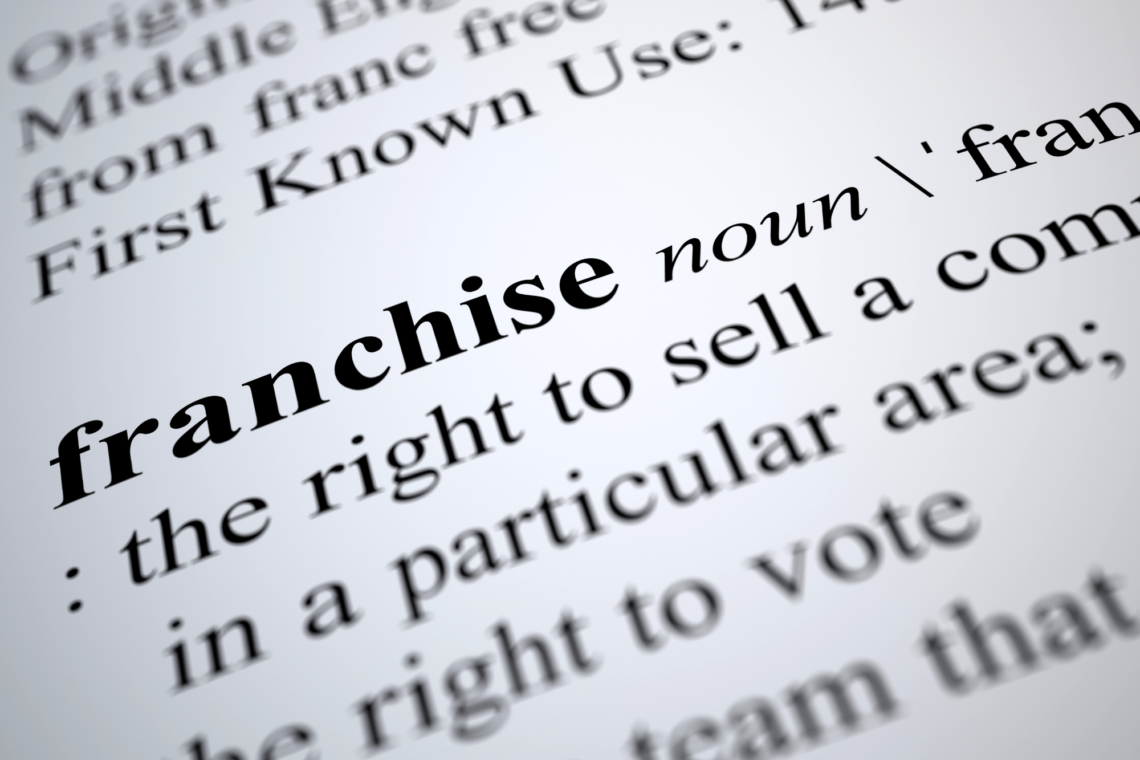Are MLM Companies the Same as Franchises?
Many people know what it’s like to receive a message from a long-lost high school classmate asking if you’re interested in “learning more about their business.” You click on their profile, and it’s full of posts proclaiming that they love running their business because it allows them to make money working part-time while selling products that they actually use.

The truth is, the person messaging you is part of an MLM company. These “business owners” may talk the talk like enthusiastic new entrepreneurs, but are MLM companies the same as franchises? No. Also known as pyramid schemes, MLMs are not the same as franchises in the slightest.
What Is an MLM?
Many people are familiar with the term MLM, but few fully understand what that means. “MLM” is an acronym for Multi-Level Marketing. The CEOs of these companies lure people in with promises of high earnings, all while working part-time at your leisure. Of course, if something sounds too good to be true, it most definitely is.
An MLM company recruits people to sell their products to others either from home or in person. If you join an MLM, they will typically refer to you as a “distributor,” “contractor,” or “participant.” The start-up fees are low because you only need to pay for the MLM company’s starter kit, which usually includes an array of their products and any other tools, marketing materials, or resources you might need.
Theoretically, you would make a profit by selling the company’s products or by recruiting new distributors. However, there is a 99% chance that you will fail as part of an MLM company. Only 1% of participants make any money through an MLM, and those that do barely make back the amount they spent to get started. The majority of MLM participants end up deeply in debt and don’t make anything at all.
What Is a Franchise?
A franchise operates in a completely different manner than an MLM company. The two business models are hardly comparable. With a franchise, the franchisee or investor pays a franchise fee and gains the right to use the franchise name for a set amount of time. Franchisors also assist with anything that you may need to run your franchise. They can help you find a prosperous location, provide initial training, and offer advice about marketing and management. Plus, if you need help choosing a franchise, you can always enlist the help of a franchise consultant.
Beyond the upfront costs and initial assistance, the franchisor’s fee also entails control over the products or services sold, along with the sales process and the price at which you will sell. As a franchisee, your responsibilities include hiring employees, finding a suitable building, and training employees.
Unlike an MLM company, a franchise has the opportunity to be highly profitable. Although building your franchise typically takes about two years, the risks associated with running a franchise are relatively low. Since franchises already have a positive reputation and a loyal customer base, their success rate is high in many cases. So if you’re looking to become your own boss but don’t want to start a business from scratch, running a franchise can be an excellent choice for you.
Hundred Acre Consulting
Don’t be fooled by grand promises from MLM companies. There are plenty of other viable business opportunities for interested investors, many with better security and higher rates of return. If you’re interested in investing in a business, seek a franchise consultant to help you decide which option is best for you.
At Hundred Acre Consulting, we have over 25 years of experience in the franchising industry. Our inside knowledge and long-standing industry connections can guide you throughout your franchising journey.
It’s easy to get started. To learn more about our services, just contact our team today!




















































